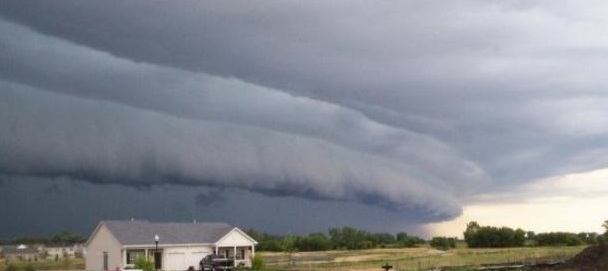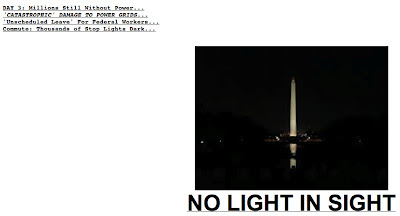A certain fellow named Robin Schumacher, featured at Real Clear Religion, goes on at some length,
here, to acknowledge that the best argument that is made these days against Christianity is the one made by ever larger numbers of contemporaries who point out that Christianity must be untrue because Christians behave so badly, and concludes:
"[T]he fact is that an authentic Christian life is the only thing that defeats the best argument against Christianity."
This is a very unsatisfactory conclusion to what really isn't a very helpful discussion about arguments for or against Christianity.
What it amounts to instead is a demonstration of what passes for the accepted understanding of what is true conversion in some circles. In other words, it's not really about Christianity per se, it's about human actors and their experiences relative to that subject. In short, it's about us, not about Christianity or its object, God.
Key for the author is the notion that conversion is a form of human transformation, which can be authenticated on the evidence of human experience. "If you were truly converted you wouldn't do x."
What is it about Christianity, contemporary or otherwise, that it so quickly veers off into a kind of narcissism where adherents and opponents alike wind up agreeing that man is the measure of all things? The authentic Christian life is the only thing that defeats the enemies of Christ? I'm sure that comes as quite a surprise to God. Last I checked, God needed or depended upon no one for anything. There is sophistry. And then there is philosophy.
I think one answer for this narcissism may have something to do with what Krister Stendahl once called the introspective conscience of the West. The tortured conversion of Muhammad comes to mind in W. Montgomery Watt's biography of the prophet. Or the Jesus of The Fourth Gospel, at war with the Jews over his paternity. Or the ever autobiographical 13th apostle, Paul of Tarsus, who happens to be the most interesting because he is so immediately, candidly available in his letters as he plies the waters between his sectarianisms and his Roman citizenship. It shouldn't come as a surprise that these models would attract adherents in whom the same tendencies operate. In truth, however, thoughtful people would probably agree that narcissism is a broadly human phenomenon, not simply a characteristic of the West.
But there are counter trends in some of our literature which bear thinking about. Consider, for example, that conversion in Luke's Acts of the Apostles is occasionally portrayed as conversion of a whole household, based on the personal experience of a single person in it. For those household members personal human transformation, being born again, is hardly in sight. Even in the cases of the personal salvation of the individual head of the household who leads the rest into the fold, notions of human transformation seem wholly absent. Far from the world of altar calls involving personal crises, repentance and emotional decisions for Christ, what we find instead is concrete deliverance from temporal calamities, infirmities, threats and dangers. Like Paul's own conversion, these amount to almost unwilled experiences submitted to and accepted in the face of an overwhelming, sovereignly acting, Providence.
Some of these stories in Acts are reminiscent of nothing so much as stories of God's deliverance of his people Israel from Egyptian slavery, the plagues, the angel of death and the Red Sea waters. It is more about God continuing to act in history than it is about what happens in the hearts of men.
One might also mention the apocalyptic ethics of Jesus in The Synoptic Tradition, where personal conversion amounts to a renunciation of all the traditional contours, roles and behaviors of human existence in a desperate attempt to escape the destruction which Jesus said was coming on the world forthwith. This is not some comfortable religion of personal fulfillment, but a (crazy?) rejection of it which depends utterly on God to establish his kingdom quite apart from any human agency, even Jesus'.
Anyone with a little honest experience of the world knows that there are many what we call very fine people who are not Christians, and many Christians who are just plain drek. If one gets bogged down in this navel-gazing cul-de-sac, however, what gets distorted about our thinking about conversion is that conversion becomes too much about how we act, and not enough about how God does.
"We also are men of like passions with you, and preach unto you that ye should turn from these vanities unto the living God, which made heaven, and earth, and the sea, and all things that are therein: Who in times past suffered all nations to walk in their own ways. Nevertheless he left not himself without witness, in that he did good, and gave us rain from heaven, and fruitful seasons, filling our hearts with food and gladness."
-- Acts 14:15ff.


